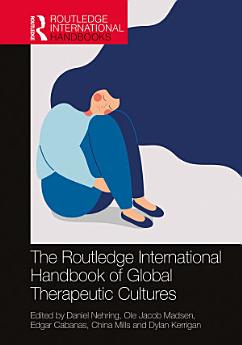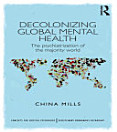The Routledge International Handbook of Global Therapeutic Cultures
About this ebook
About the author
Daniel Nehring is Senior Lecturer in Sociology at Swansea University, UK. His research concerns the personal consequences of globalisation and the rapid mobilisation of social life in the early 21st century. He is the co-author of Transnational Popular Psychology and the Global Self-Help Industry and Therapeutic Worlds. He is also the convenor of the international academic network ‘Popular Psychology, Self-Help Culture and the Happiness Industry’.
Ole Jacob Madsen is Professor in the Department of Psychology at the University of Oslo, Norway. He is the author of The Therapeutic Turn: How Psychology Altered Western Culture, Optimizing the Self: Social Representations of Self-Help and The Psychologization of Society: On the Unfolding of the Therapeutic in Norway.
Edgar Cabanas is Research Fellow at Universidad Camilo José Cela, Spain. He is the co-author of Manufacturing Happy Citizens: How the Industry and Science of Happiness Control our Lives, which has been translated into over 10 languages, as well as the author of several scientific papers and book chapters.
China Mills is Lecturer in Critical Education Psychology at the University of Sheffield, UK and the author of Decolonizing Global Mental Health: The Psychiatrization of the Majority World.
Dylan Kerrigan is Lecturer in Criminology at the University of Leicester, UK, and a Visiting Lecturer with the University of the West Indies. He is co-author of Therapeutic Worlds: Popular Psychology and the Socio-Cultural Organisation of Intimate Life.




